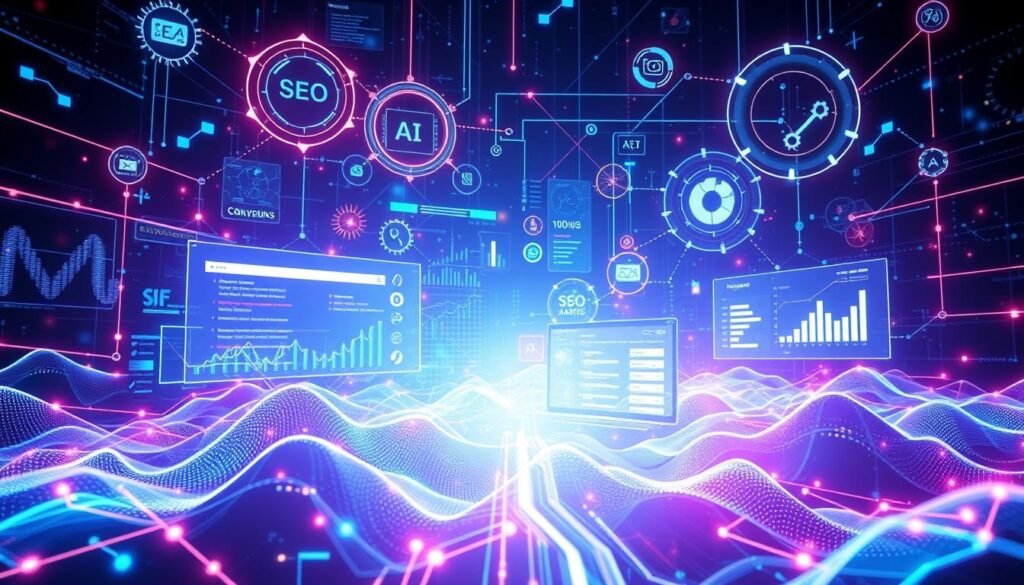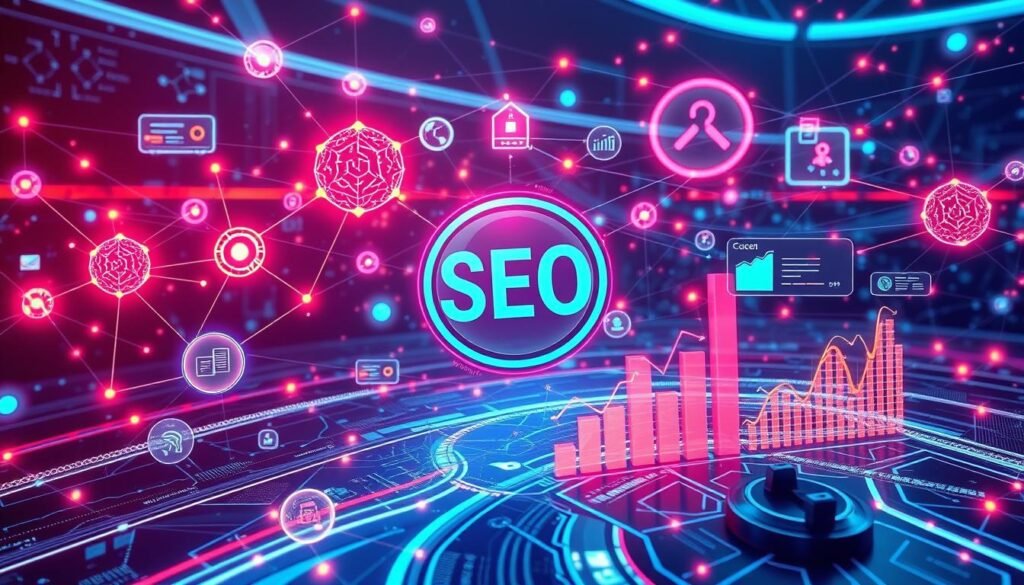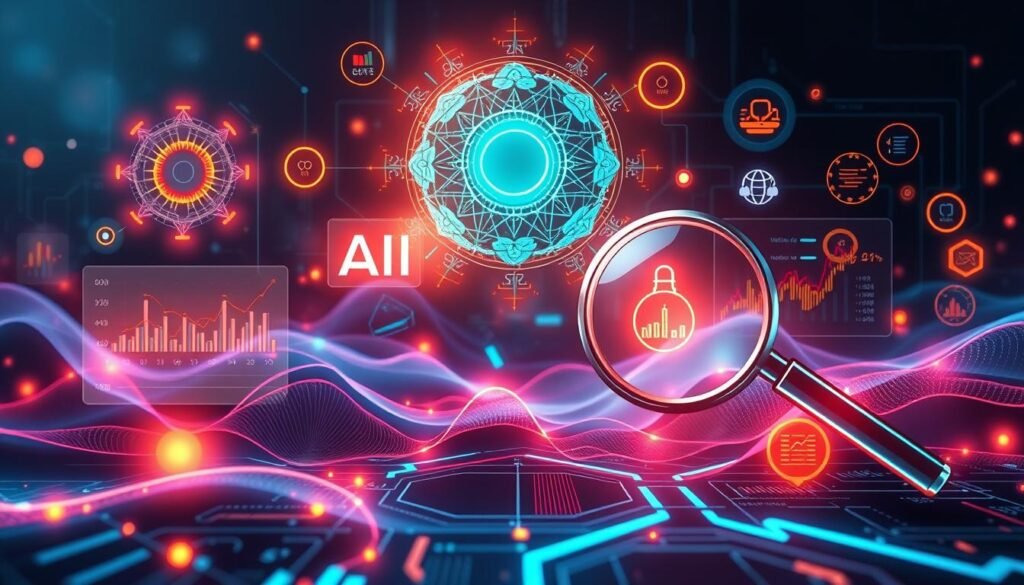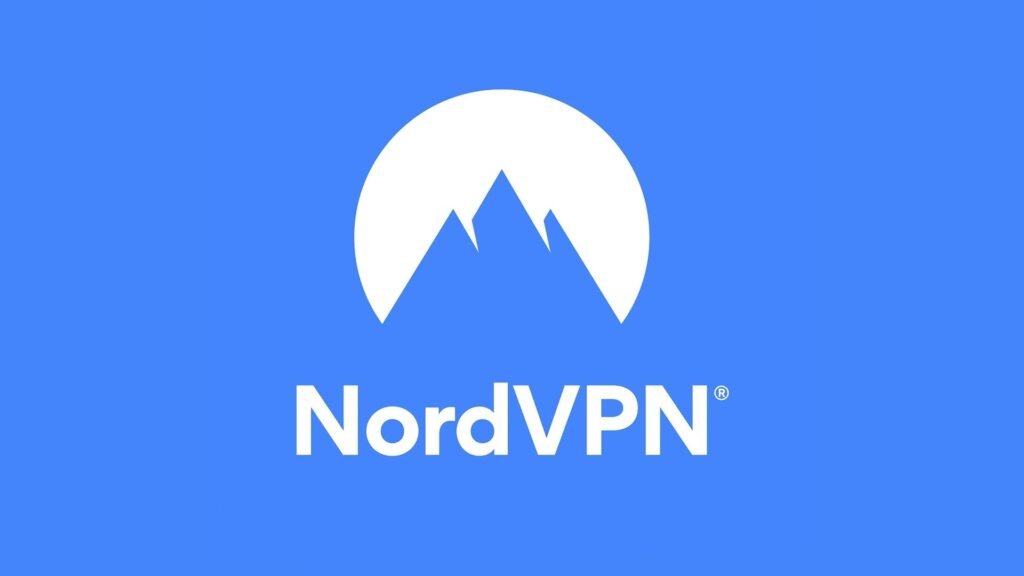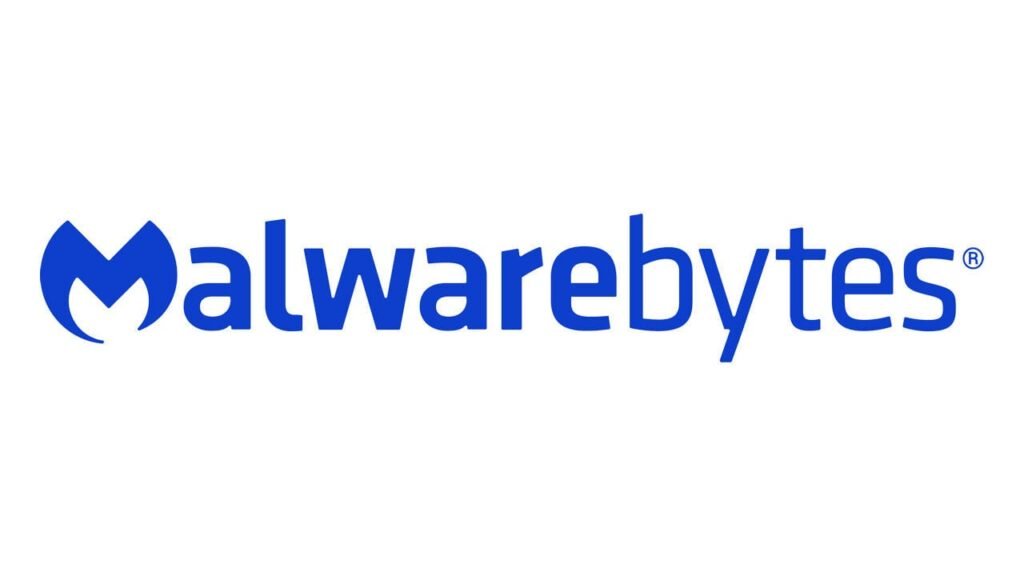Did you know 84% of SEO specialists saw AI's big impact in 20231? Today's fast-changing digital world means businesses must update their SEO to keep up. AI has changed how we think about SEO, focusing more on quality content, user experience, and the right keywords1. If you want to be seen more in search results, learning about these new methods is key.
AI helps improve your website by offering tools like Google Keyword Planner and Ahrefs to find terms that AI likes1. Now, focusing on topics rather than single keywords can show your expertise and boost rankings. AI also speeds up making content with tools like ChatGPT and Jasper, helping your content strategy work better1.
This article will explore effective AI-driven SEO strategies. These can help you outdo competitors, top Google rankings, and make a big impact on users.
Key Takeaways
- AI greatly affects SEO strategies, with 84% of specialists seeing its big role in 2023.
- Modern SEO now focuses on quality content and user experience, thanks to AI.
- AI tools help with finding the right keywords and making content, boosting website optimization.
- Using topic clusters shows your expertise to search engines, increasing visibility.
- To lead in SEO, you must keep up with AI updates and user trends.
Introduction to AI-Driven SEO
AI-driven SEO is changing the game in search engine optimization. Old methods were slow and less effective. Now, AI lets businesses quickly analyze huge amounts of data, improving SEO2. This change automates tasks and boosts efficiency in today's fast digital world3.
Tools like Clearscope, SEMrush, and Moz are changing SEO strategies. They use AI to find the best keywords and understand competitors. This helps improve content quality2. With more people using voice searches, content needs to be more conversational2.
AI also helps with keyword research. It finds keywords that can improve search rankings3. AI predicts what users will search for next, helping plan content for when it matters most2. AI makes marketing easier, leading to happier customers and more sales3.
In short, AI-driven SEO boosts rankings and changes how we connect with our audience. It's a key part of any digital marketing plan today.
Understanding SEO 2.0
SEO 2.0 is a big change in how we optimize for search engines. It's all about artificial intelligence and machine learning. These technologies help us understand what users want better.
Google's new algorithms, like RankBrain and BERT, make search results more accurate4. This means we get better answers to our questions online.
Programmatic SEO leads this change. It uses smart algorithms to change how we do SEO. Now, we can make content that fits what each user likes and needs5.
This makes our websites better for everyone. It's key for success online.
AI makes creating content easier and checks if it's good. It looks at things like how easy it is to read and if it's relevant. It uses big data to spot trends and what people like6.
Companies using programmatic SEO are seeing big wins. They're getting more people to visit their sites with new ideas4.
Businesses need to keep up with data to stay ahead. As search gets better with voice and images, we must update our SEO. This keeps our online presence strong5.
The Role of AI in Modern SEO
AI is changing how businesses use SEO online. It analyzes user behavior to give personalized search results and content. This makes users happier and can improve search rankings7.
AI also finds valuable keywords that humans might miss. This gives deeper insights into what people are searching for7
AI makes SEO tasks easier and more effective. It frees up time for marketers to focus on big ideas. For instance, AI can make backlink campaigns 40% more successful, boosting domain authority by 25%8.
AI can also predict trends with 90% accuracy. This helps businesses stay ahead of the market. Personalized content made with AI can increase engagement by 25% and conversions by 15%8.
AI is a key partner in improving website rankings. It works with human skills in creating content that attracts and converts audiences9.
| AI Capability | Impact on SEO |
|---|---|
| Predictive Analytics | Accurate trend forecasting (90% accuracy)8 |
| Content Automation | Increases output by 85% while ensuring quality8 |
| Personalized Content Delivery | Boosts engagement metrics by 25%8 |
| Keyword Research | Uncovers valuable search terms missed by traditional methods7 |
| Link Building Automation | Increases outreach success by 40%8 |
Boosting Google Rankings with AI
AI can greatly improve your strategy for better Google rankings. Automated tools help you keep up with keyword trends and update your content. This keeps you ahead in a fast-changing digital world where Google is the top search engine10.
AI also helps you quickly find and fix weak spots on your website. By watching your site's data, you can spot areas that need work. This ensures your online presence stays strong. In 2023, 84% of SEO experts said AI changed their strategies10.
Using AI tools can also save you money on SEO. Basic AI SEO tools cost between $50 and $100 a month. More advanced tools can cost $100 to $300 monthly11. Big companies might spend over $3,000 a month for top-notch tools and plans.
Creating valuable content is key, as Google favors content that engages users. A mix of AI and human touch—about 80% AI and 20% human—can lead to amazing results10.
| AI Tool Subscription Tier | Cost (Monthly) | Features |
|---|---|---|
| Entry-Level | $50 – $100 | Basic functionalities |
| Mid-Tier | $100 – $300 | Technical SEO audits, competitor analysis |
| Enterprise-Level | $300 – $1,000+ | Predictive analytics, custom reporting |
Four Practical AI SEO Strategies
Adding AI SEO strategies to your work can really boost content optimization and engagement. Start by using AI for keyword research. These tools can increase your organic search traffic by up to 500%12. This shows how they can help make your site more visible and attract more visitors.
Next, try AI content generation tools. These tools, especially those using Natural Language Processing, make creating content faster. This saves time for SEO experts12. It lets you focus on more important tasks instead of getting stuck on simple content tasks.
AI chatbots and virtual assistants also improve user experience. They help keep people on your site longer and reduce bounce rates. This can help your SEO rankings12. With 98% of customers looking for local info online13, having a good online presence is crucial.
AI's predictive analytics can spot new trends and patterns. This gives you data-driven insights to improve your SEO strategy. For example, 58% of customers prefer AI-written reviews over human ones13. This shows how AI can help engage your audience and make your content better.
| Strategy | Description | Impact |
|---|---|---|
| Keyword Research | Utilizing AI tools to identify high-potential keywords. | Up to 500% increase in organic traffic12. |
| Content Generation | Using NLP-based tools for efficient content creation. | Saves significant time for SEO professionals12. |
| Chatbots | Implementing AI chatbots for improved customer interactions. | Longer site durations and lower bounce rates12. |
| Predictive Analytics | Identifying trends for strategic content planning. | Informed SEO strategies and enhanced competitiveness12. |
Staying Ahead of the Competition with AI-Driven SEO Strategies
In the fast-changing world of SEO, staying ahead of competition means always adapting and innovating. AI-driven strategies help you understand your own performance and that of your rivals. By doing competitive analysis in SEO, you can improve your plans based on current data and trends.
Utilizing Competitive Analysis
AI tools let you study a lot of data about your competitors. You can see their strong points, weak spots, and where they shine. AI makes your competitive analysis in SEO better by quickly checking backlinks and keywords. Tools like Ahrefs and SEMrush show you where your brand can get ahead14.
These tools help you make quick, smart choices. This keeps your strategy sharp and current15.
Leveraging Predictive Analytics
Predictive analytics is a big deal for looking ahead in SEO. AI lets you guess what users will want next, so you can get ready. It spots new trends and helps plan your campaigns to meet future search needs16.
AI also looks for patterns and predicts changes in search habits. This keeps your content fresh and boosts its ranking chances15. With AI's help, businesses can stay quick and flexible in the competitive world14.
Interactive Content for Enhanced Engagement
Adding interactive content to your site can really boost user engagement and SEO. Features like quizzes, polls, and videos keep visitors around longer. This shows search engines your content is valuable.
A study by Epsilon found 80% of people like personalized experiences from brands. This means making your interactive content unique can draw in more visitors17.
Interactive elements make your site more engaging and encourage sharing. This helps your site's authority grow. AI-driven SEO tools now focus more on user engagement metrics. These tools can increase organic traffic by 30% in just six months17.
By offering valuable interactive content, you meet user needs and boost your SEO. This makes your site more attractive to search engines.
Machine learning helps analyze interactive content to find trends for better optimization. Tools look at metrics like click rates and time spent to improve your content. This data helps make your content more relevant and engaging, improving your site's ranking.
By focusing on interactive content, you not only increase engagement but also follow the latest SEO trends. This helps you reach more people and stay relevant online.
Real-Time Data and Keyword Strategies
In today's fast world, using real-time data for SEO is key. Artificial intelligence helps businesses understand search patterns and user needs. This lets them quickly update their strategies to match current trends.
Automating Keyword Research
Automating keyword research is a big step forward for SEO. AI tools look at lots of data to find important keywords. This way, businesses can see a big jump in organic traffic, up to 200% in six months18.
These tools also predict trends and keep up with digital changes. They're essential for staying ahead19. Plus, AI can study competitors, giving insights into their strategies20.
This new way of finding keywords makes your content hit the mark with your audience. It leads to better engagement and sales. Using AI tools makes your SEO work smarter and cheaper, freeing you up for bigger ideas19.
By using real-time data, you can keep leading in the competitive SEO world.
The Importance of Human Oversight in AI Content
AI technology is getting better, but human oversight is still key. AI can do lots of things, but it can't replace human creativity and understanding. To use AI well, you need to make sure humans check the content to keep it real and good.
AI helps by finding trends and coming up with ideas. But, it can't always match the quality of human-made content. This can hurt how well your content ranks in search results21. To do well, you need to use AI and follow SEO best practices together. This way, you keep your readers interested and connect with them better.
Checking AI content needs more than just algorithms. SEO experts are needed to make sure the content fits well with what people want. By adding human touch, you can make content that feels more personal and meets search engine needs22.
Adding human thoughts to your content makes it better and builds trust with your audience. As AI changes the web, keeping high quality standards will help you stand out. SEO experts who mix AI with human touch will be ready for new challenges in content and search algorithms23.
AI Tools for Continuous Website Monitoring
In today's fast-paced digital world, you need AI tools for website monitoring to keep your SEO strategy on track. Studies show that 84% of bloggers and SEO specialists found AI and automation key to their SEO in 202324. Using advanced tools for ongoing SEO strategies is crucial. They provide performance analysis, helping businesses adapt to algorithm changes and user behaviors.
AI tools analyze vast data from search engines, social media, and forums. They uncover hidden keywords and insights that might be missed25. This helps identify optimization opportunities and boosts user engagement. Tools like Clearscope improve content readability26. AI also monitors real-time data, helping detect trends and shifts in user interests for proactive content planning25.
Marketers using AI-driven platforms like HubSpot can save a lot of time. They save about 12.5 hours a week, which is around 25-26 extra working days a year24. AI helps automate tasks like brainstorming topics and drafting email copy. This efficiency is key for effective SEO strategies.
AI tools also support better content creation and keyword research. This lets you focus on strategic SEO and marketing efforts25. Tools like Frase and Jasper offer real-time optimization scores and team collaboration26. By using these AI solutions, your website stays optimized for search visibility over time.
| Tool | Function | Starting Price |
|---|---|---|
| Frase | Content Optimization | $15/month |
| HubSpot | SEO Recommendations | Varies |
| Surfer SEO | Content Strategy Development | $89/month |
| BrightEdge | Organic Performance Insights | Varies |
| Jasper | Content Creation | $39/month |
Conclusion
Using AI in your digital marketing is key for better online presence and staying ahead. As SEO changes, using these advanced tools helps you keep up with user trends and search patterns.
AI tools are vital for analyzing data and tracking metrics in real-time. This makes your strategies smarter and more effective. Brands like Amazon and Netflix have seen big boosts in revenue and engagement by using AI27.
As you deal with digital marketing's challenges, adapting your strategies with AI insights is crucial. This will help you grow and succeed in a competitive online world. For more on using AI in SEO, check out this link28.

